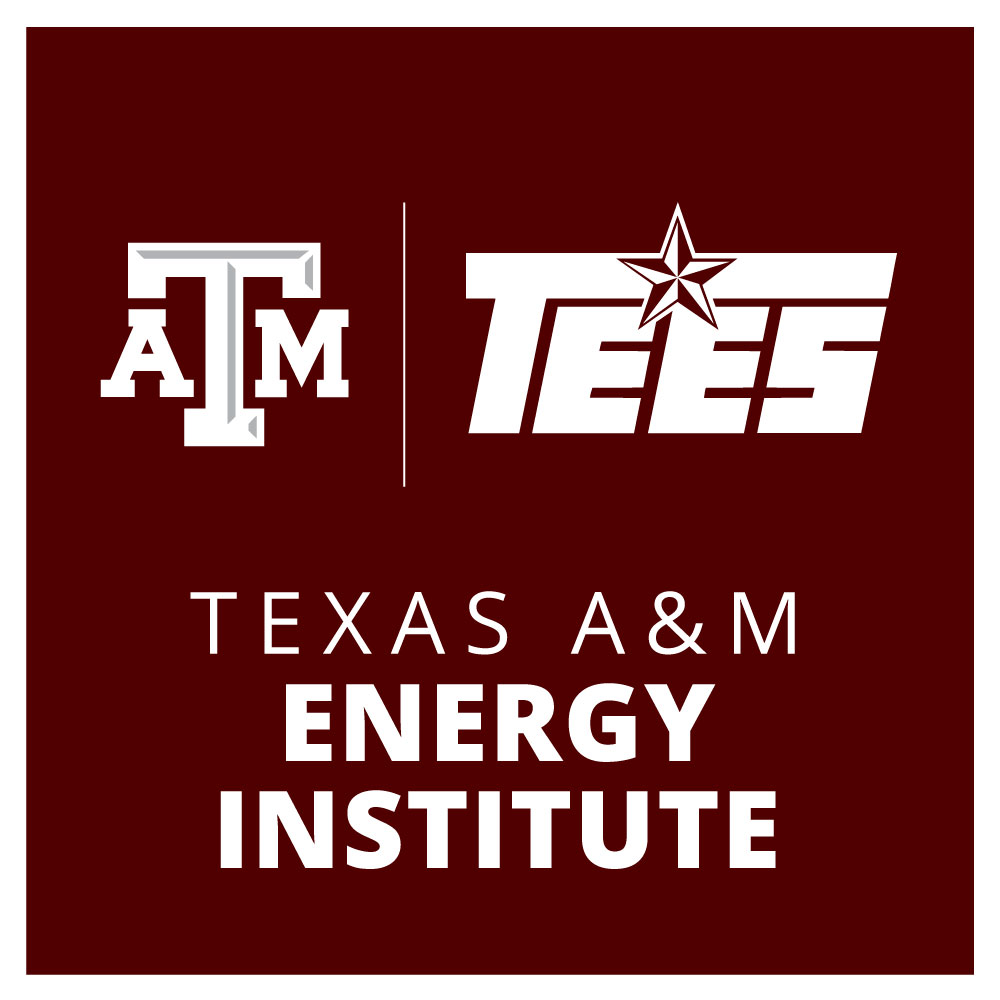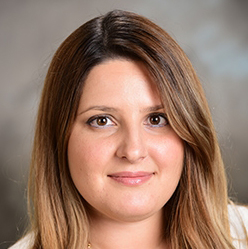
Two publications from the Texas A&M Energy Institute were recently recognized with Best Paper awards by Optimization Letters and the Journal of Global Optimization.
Former Texas A&M Energy Institute postdoctoral associate Fani Boukouvala, currently an assistant professor of chemical engineering at Georgia Tech University, and the late Professor Christodoulos A. Floudas, former director of the Texas A&M Energy Institute, were honored with one of the Optimization Letters Best Paper Awards for 2017.

Abstract
The algorithmic framework ARGONAUT is presented for the global optimization of general constrained grey-box problems. ARGONAUT incorporates variable selection, bounds tightening and constrained sampling techniques, in order to develop accurate surrogate representations of unknown equations, which are globally optimized. ARGONAUT is tested on a large set of test problems for constrained global optimization with a large number of input variables and constraints.

The performance of the presented framework is compared to that of existing techniques for constrained derivative-free optimization.
The Optimization Letters Best Paper Award carries a $1,000 prize shared between the winners. This year the Best Paper Award Selection Committee included Optimization Letters Editorial Board members Boris Mordukhovich, Jean-Philippe Richard, Monica Gentili, and the Founding Editor-In-Chief, Panos Pardalos.
Fani Boukouvala, Christodoulos A. Floudas (2017), ARGONAUT: AlgoRithms for Global Optimization of coNstrAined grey-box compUTational problems, Optimization Letters 11(5), 895-913. https://doi.org/10.1007/s11590-016-1028-2

Professors Boulokvala and Floudas were also recognized, along with Faruque Hasan, an assistant professor of chemical engineering at Texas A&M University and a Texas A&M Energy Institute Faculty Affiliate, as co-winners of the 2017 Journal of Global Optimization Best Paper Award.
Abstract
This paper introduces a novel methodology for the global optimization of general constrained grey-box problems. A grey-box problem may contain a combination of black-box constraints and constraints with a known functional form. The novel features of this work include (i) the selection of initial samples through a subset selection optimization problem from a large number of faster low-fidelity model samples (when a low-fidelity model is available), (ii) the exploration of a diverse set of interpolating and non-interpolating functional forms for representing the objective function and each of the constraints, (iii) the global optimization of the parameter estimation of surrogate functions and the global optimization of the constrained grey-box formulation, and (iv) the updating of variable bounds based on a clustering technique. The performance of the algorithm is presented for a set of case studies representing an expensive non-linear algebraic partial differential equation simulation of a pressure swing adsorption system for CO2. We address three significant sources of variability and their effects on the consistency and reliability of the algorithm: (i) the initial sampling variability, (ii) the type of surrogate function, and (iii) global versus local optimization of the surrogate function parameter estimation and overall surrogate constrained grey-box problem. It is shown that globally optimizing the parameters in the parameter estimation model, and globally optimizing the constrained grey-box formulation has a significant impact on the performance. The effect of sampling variability is mitigated by a two-stage sampling approach which exploits information from reduced-order models. Finally, the proposed global optimization approach is compared to existing constrained derivative-free optimization algorithms.
The Journal of Global Optimization Best Paper Award carries a $1,000 prize shared between the winners. The award committee consisted of Ding-Zhu Du, Panos M. Pardalos, Oleg Prokopyev, Jean-Philippe Richard, and Henry Wolkowicz.
Fani Boukouvala, M. M. Faruque Hasan, and Christodoulos A. Floudas (2017), Global optimization of general constrained grey-box models: new method and its application to constrained PDEs for pressure swing adsorption, Journal of Global Optimization 67(1), 3-42. https://doi.org/10.1007/s10898-015-0376-2
About Optimization Letters
Optimization Letters covers all aspects of optimization, including theory, algorithms, computational studies, and applications. Optimization has been expanding in all directions at an astonishing rate during the last few decades, and this journal provides an outlet for the rapid publication of short communications in the field.
Optimization Letters features concise, short articles, limited to a total of ten journal pages. Such concise articles will be easily accessible by readers working in any aspect of optimization and wish to be informed of recent developments.
About the Journal of Global Optimization
The Journal of Global Optimization publishes carefully refereed papers that encompass theoretical, computational, and applied aspects of global optimization. While the focus is on original research contributions dealing with the search for global optima of non-convex, multi-extremal problems, the journal’s scope covers optimization in the widest sense, including nonlinear, mixed integer, combinatorial, stochastic, robust, multi-objective optimization, computational geometry, and equilibrium problems. Relevant works on data-driven methods and optimization-based data mining are of special interest. In addition to papers covering theory and algorithms of global optimization, the journal publishes significant papers on numerical experiments, new testbeds, and applications in engineering, management, and the sciences. Applications of particular interest include healthcare, computational biochemistry, energy systems, telecommunications, and finance. Apart from full-length articles, the journal features short communications on both open and solved global optimization problems. It also offers reviews of relevant books and publishes special issues.

